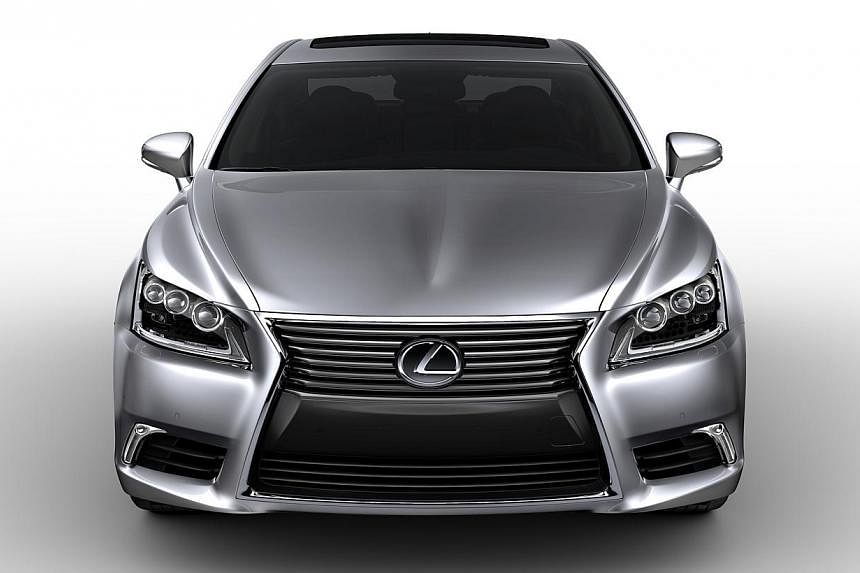Problems faced by car owners in the first years of a vehicle's life have risen for the first time in 16 years, driven by problematic engines and transmissions, research company JD Power says.
In its 2014 US Vehicle Dependability Study released recently, JD Power found that on average, there were 133 problems per 100 vehicles (PP100) - a 6 per cent increase from 126 last year.
In the 25 years since JD Power has conducted the study, it was the first time it showed dependability slipping since 1998.
"Until this year, we have seen a continual improvement in vehicle dependability," said Mr David Sargent, vice-president of global automotive at JD Power, in a press statement.
The study polled original owners of three-year-old vehicles (2011 model year). It collates problems, big and small, experienced during the past 12 months.
The latest study found that engine and transmission glitches accounted for the majority of the overall increase in reported problems.
The decline in quality was particularly acute for vehicles with four- cylinder engines, where problem levels rose by nearly 10 PP100. These smaller engines, as well as large diesel engines, proved to be more problematic than five- and six-cylinder engines, the research company said.
"Carmakers are continually looking for ways to improve fuel economy, which is a primary purchase motivator for many consumers, particularly those buying smaller vehicles," said Mr Sargent. "However, while striving to reduce fuel consumption, they must be careful not to compromise quality. Increases in problems such as engine hesitation, rough transmission shifts and lack of power indicate that this is a continuing challenge."
The poll results may not be entirely representative of what car owners face in other countries, as American motorists tend to clock longer distances for each journey. Also, brands such as Cadillac, Lincoln and Buick are not available in right-hand-drive markets.
JD Power also found that the fewer problems owners experience with their vehicle, the greater their loyalty to the brand. Combined data from previous years' results and vehicle trade-in statistics from the company's Power Information Network showed that 56 per cent of owners who reported no problems stayed with the same brand when they bought their next new vehicle.
Brand loyalty slipped to just 42 per cent among owners who reported three or more problems.
It also found that consumers are much more likely to avoid vehicles from brands that rank lower in dependability. On average, 23 per cent of consumers avoided brands that ranked in the lowest quartile of the 2013 Vehicle Dependability Study.
In contrast, only 9 per cent of consumers cited that same reason for avoiding brands that ranked in the top quartile. "We see a very strong correlation between dependability and real- world brand loyalty," said Mr Sargent.
In the latest poll, Lexus ranked highest among all nameplates for the third consecutive year. The gap between Lexus and all other brands was also substantial, with the Japanese make averaging 68 PP100, compared with second-ranked Mercedes-Benz at 104 PP100.
General Motors received eight segment awards - more than any other carmaker this year. Toyota Motor garnered seven while Honda clinched six.
The 2014 Vehicle Dependability Study was based on responses from more than 41,000 original owners of 2011 model-year vehicles after three years of ownership. Owers were polled between October and December last year.
Christopher Tan

